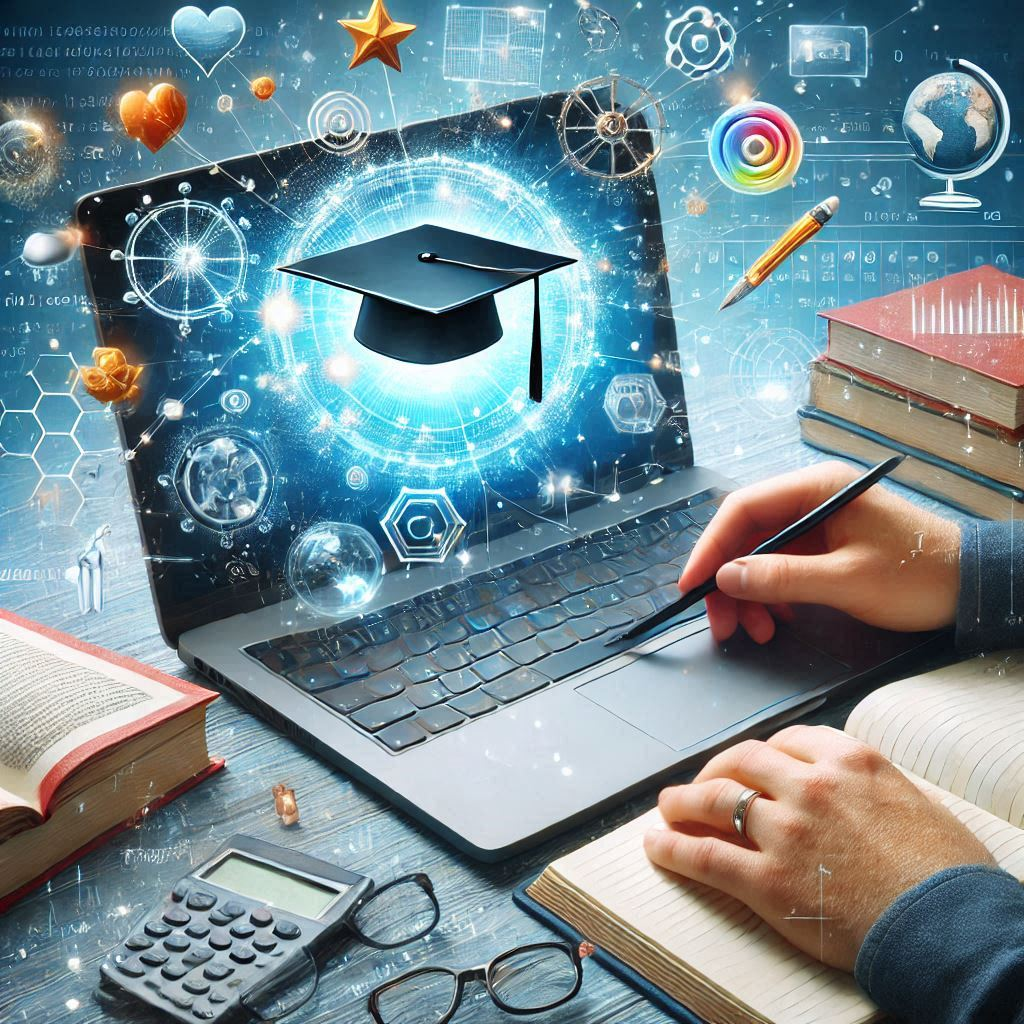Assessments have always been a vital component of education. Traditionally, they have evaluated one’s ability to recall taught content, academic proficiency, logical reasoning, and the capability to perform tasks within a set time frame.
While assessments serve multiple purposes within the educational process, their primary role has been to inform educators about how well students have retained, understood, and applied the material. The insights gained from assessments can be strong indicators of student success and guide the development of effective teaching strategies.
Technology has revolutionized the assessment landscape, rendering the one-size-fits-all approach obsolete. Teachers now recognize that students possess diverse strengths, preferences, and learning styles. As educators continue to adapt to post-pandemic learning models, experts are exploring innovative ways to tailor learning and assessments to individual needs. This personalized approach is only possible when technology and education collaborate to create learning experiences that are authentic and accessible to all students.
5 Keys To Making Assessments More Effective and Learner-Centric
1. Assessments should prepare students for the real world
2. Assessments need to be all disabilities friendly
3. Well-structured and consistent assessments are a must
4. Self-regulating assessments are favorable for all
5. Assessments should help prevent unfair practices
How Technology Is Shaping Future Assessments?
1. Technology is making assessments Equitable
2. Technology can be used to correct the learning loss
3. Enabling more accurate, state-wide, standardized testing at scale
A good, reliable assessment design is the foundation of great learning and for that, it has to be a combination of certain characteristics that make it the perfect measure of a student’s learning.
An assessment should be:
Valid
Fair
Transparent
Reliable
Feasible
Impactful
The Applications of AI in Assessments
Artificial intelligence (AI) in the assessment space can be utilized for a variety of tasks such as monitoring student activity and creating models that accurately predict student outcomes..
Conclusion
Assessments are a key factor in shaping a student’s learning journey. Therefore, the design and delivery of assessments must be crafted to ensure they contribute positively to the learning process. Embracing technology can address many of the limitations of traditional standardized testing, making the assessment process more effective and tailored to individual needs.



Leave A Comment